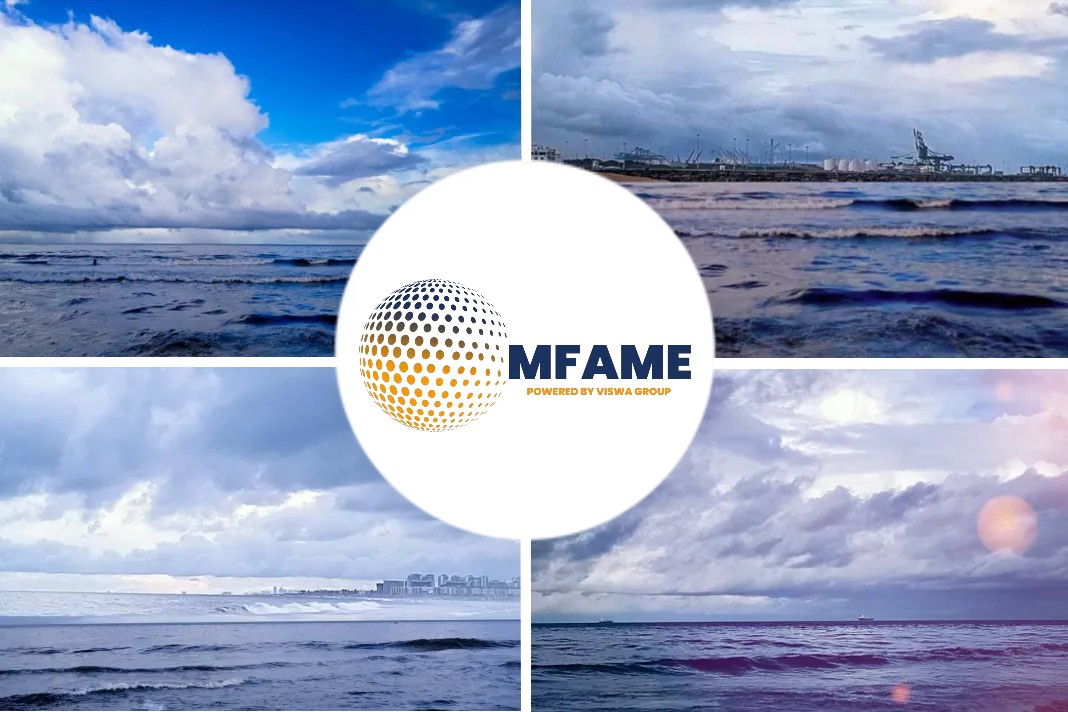Local startup Swiss Airtainer SA teamed up with CSEM to develop smart, self-powered containers for shipping pharmaceutical drugs under temperature-controlled conditions. The containers, equipped with ultralight, custom-built solar panels developed by CSEM, keep medicines cold along the entire logistics chain, while full traceability prevents theft. The firm plans to introduce its first containers on the market by end-2022, reports AZO.
Impact on pharma industry
According to the World Health Organization, nearly 50% of vaccines lose efficacy in transit via air or sea largely due to breaks in the cold chain. The damage to medical drugs caused by temperature changes costs the pharmaceutical industry an estimated €35 billion a year. A further €200 billion a year is lost to theft and counterfeiting. These logistical failures put the lives of many patients at risk, since they either can’t get the treatments they need or they receive ineffective drugs.
About Airtainer
Swiss Airtainer, a startup based in Yverdon-les-Bains, is working with CSEM to tackle these issues with next-generation freight containers, which provide enhanced security and temperature control, and also help meet sustainability targets as they run on solar energy. CSEM designed unique solar panels for the containers, enabling them to operate independently, while allowing for real-time connectivity to continuously monitor the cold chain.
Resistant at Extreme Temperatures
The development team tested the freight containers in Dubai in August 2021 and found that, despite the intense sunlight and temperatures exceeding 48 °C in the daytime and falling to 35 °C at night, the containers worked efficiently without any external power supply. The cold-chain technology was able to keep the containers at a steady 5 °C with a tolerance of just ±0.1 °C.
“The power generated by the solar panels during the day was enough to run the electronics and charge the battery,” says Marco Martin, CTO of Swiss Airtainer. “Then at night, the battery took over and powered the system until the charging could begin again. These results indicate that under normal sunlight conditions, our containers can run on their own almost indefinitely.”
As a result, these containers can be used to deliver drugs to airports that don’t have the charging infrastructure that’s usually required for current and conventional solutions.
Lightweight to Minimize Carbon Emissions
Swiss Airtainer’s containers are made from a specialty composite material and ultra-light solar panels, resulting in a weight of 400 kg – versus 650 kg for regular containers. This would cut the transportation-related carbon emissions by nearly 45%.
“The solar panels we developed are just one millimeter thick, which is five times thinner than conventional ones,” says Matthieu Despeisse, Group Leader Solar Modules at CSEM. “They weigh less than two kilograms per square meter, whereas conventional ones come in closer to 16 kilograms per square meter. And they use a special encapsulation technology that lets them adopt the shape of the container they’re on while still delivering high performance and high durability.”
Enhanced Security and Traceability
Each container has 18 sensors that send instantaneous alerts in case the container experiences temperature changes or sudden movement. This helps prevent theft and loss, as operators are notified if a container is opened unexpectedly or if the container’s contents may have deteriorated.
Swiss Airtainer is in the process of obtaining certification for its containers from the European Union Aviation Safety Agency. Once that’s received, the firm will carry out various pilot tests. Market launch is scheduled for the end of this year.
“We want to improve healthcare by giving the pharmaceutical industry an affordable, viable, and environmentally friendly solution for shipping drugs,” says Eduard Seligman, CEO of Swiss Airtainer SA. “That way, we can help ensure patients around the world get the treatments they need.”
Did you subscribe to our daily Newsletter?
It’s Free! Click here to Subscribe
Source: AZO






















